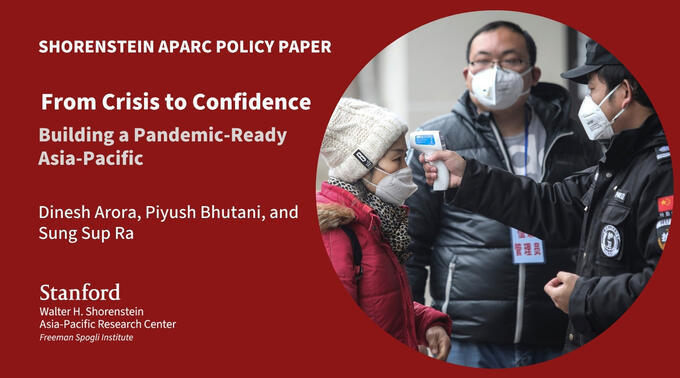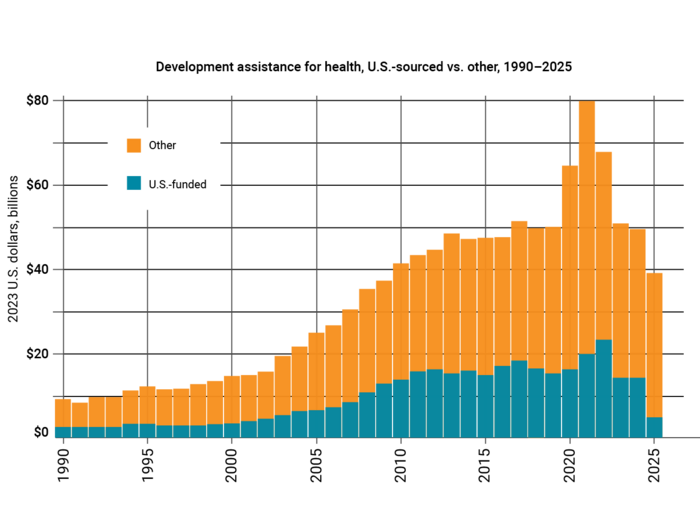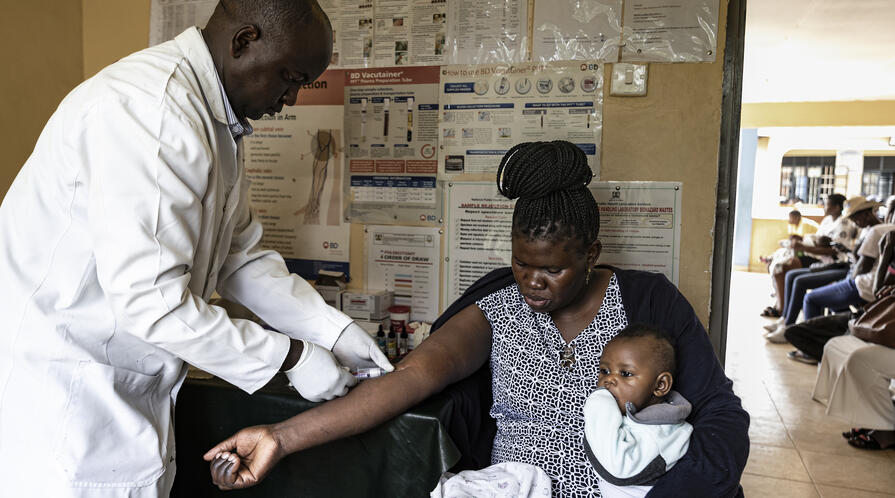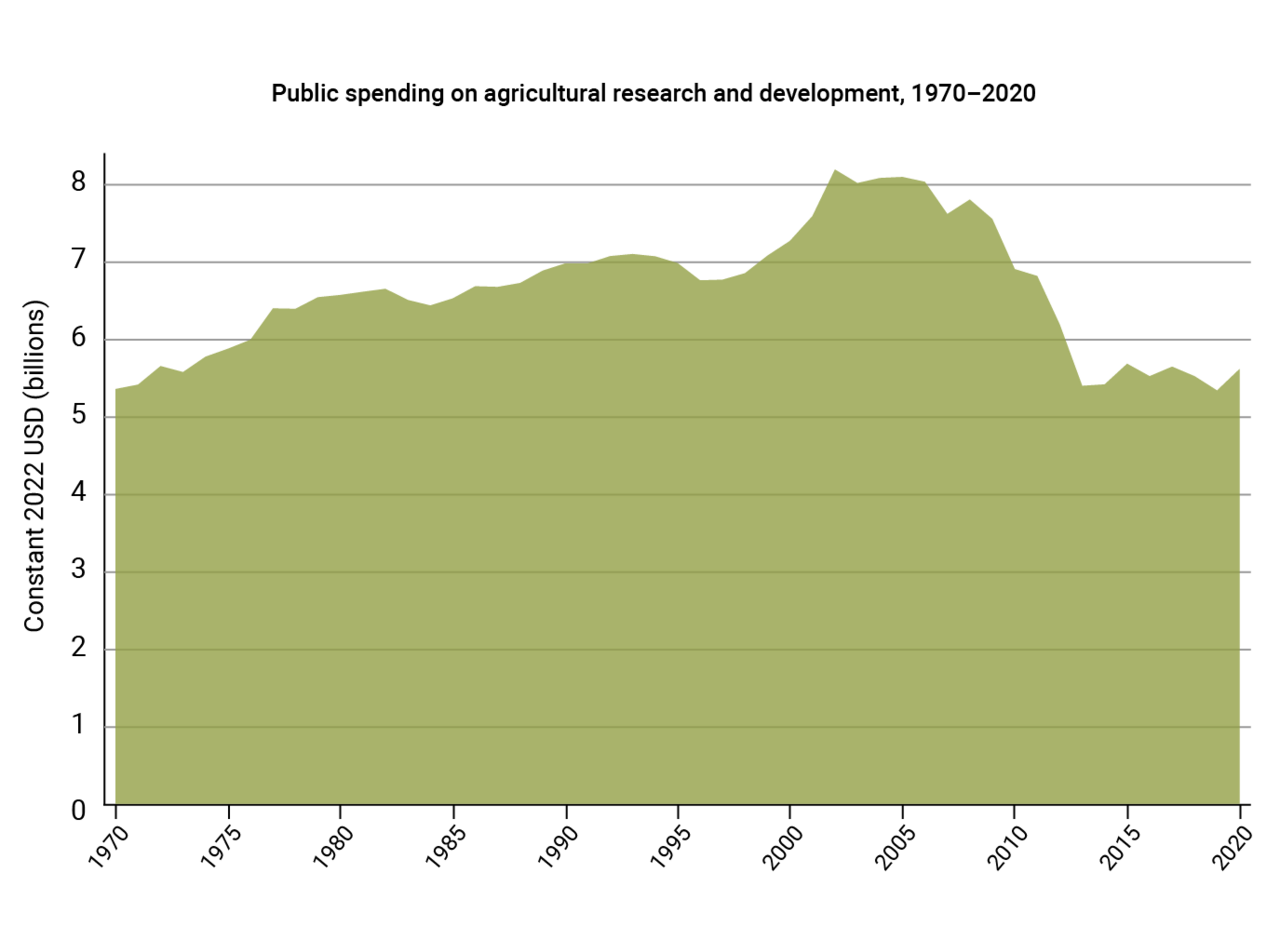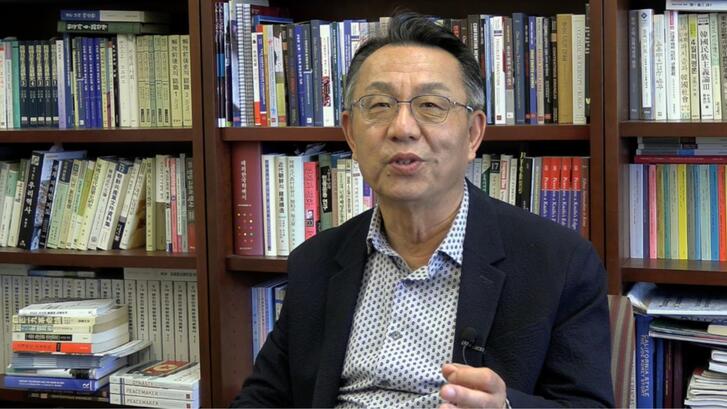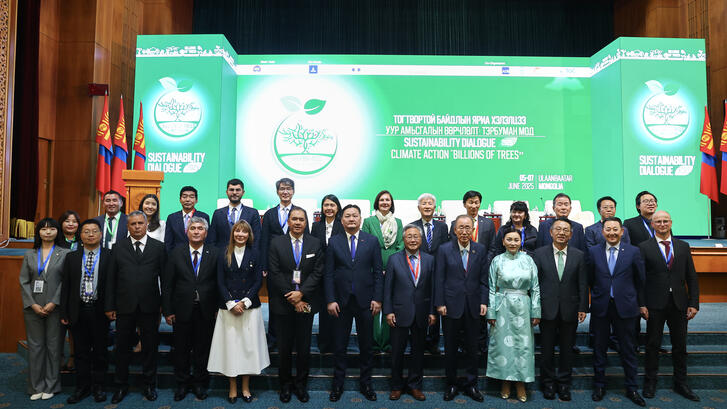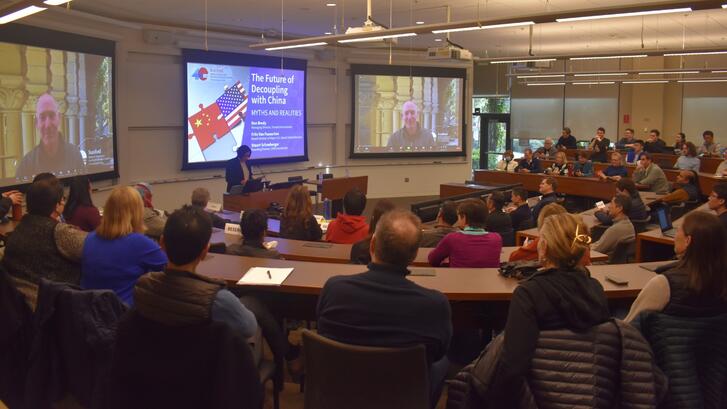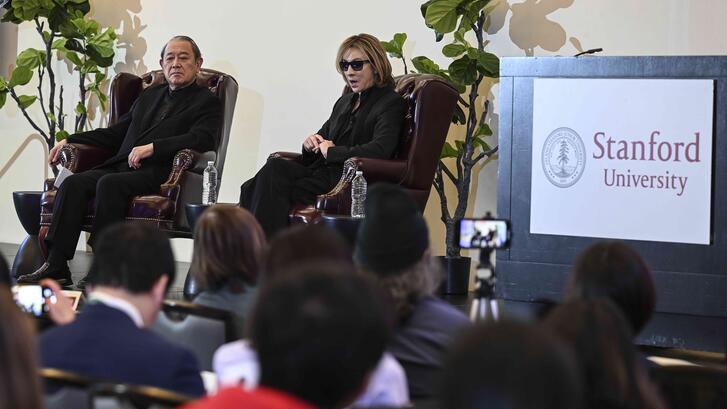DAY 2: FRIDAY, OCTOBER 28, 2022
Hosted by Ewha Womans University
52 Ewhayeodae-gil, Seodaemun-gu, Seoul
Expert panels are held in Room B412
Student panels (see below) are held in Room B143
ECC, Ewha Womans University
9:00 – 9:15 AM
Opening Session for Expert Panels
Welcome remarks:
Eun Mee Kim, President of Ewha Womans University, Professor at the Graduate School of International Studies, and Director of the Ewha Global Health Institute for Girls and Women, Ewha Womans University
Gretchen Daily, Bing Professor of Environmental Science in the Department of Biology, Faculty Director of the Natural Capital Project, Director of the Center for Conservation Biology, and Senior Fellow at the Woods Institute for the Environment, Stanford University
Expert Panel 1
9:15 – 10:30 AM
Livable, Sustainable Cities
Organized by the Walter H. Shorenstein Asia-Pacific Research Center of Stanford University
Keynotes:
Park Heong-joon, Mayor of Busan Metropolitan City, Republic of Korea
Khurelbaatar Bulgantuya, Member of the State Great Hural (Parliament) of Mongolia and Chair of Sustainable Development Goals Sub-Committee of Parliament
Panelists:
Anne Guerry, Chief Strategy Officer and Lead Scientist at the Natural Capital Project, Stanford University
Perrine Hamel, Assistant Professor at the Asian School of the Environment, Nanyang Technological University
Moderator:
Kiyoteru Tsutsui, Deputy Director of the Shorenstein Asia-Pacific Research Center and Director of the Japan Program, Professor of Sociology, Henri H. and Tomoye Takahashi Professor of Japanese Studies, Senior Fellow at the Freeman Spogli Institute for International Studies, and Director of the Center for Human Rights and International Justice, Stanford University
Expert Panel 2
11: 00 AM – 12:15 PM
Climate Change, Disaster Risks, and Human Security in Asia
Organized by Ewha Womans University
Panelists:
Juan M. Pulhin, Professor, Scientist, and former Dean of the College of Forestry and Natural Resources, University of the Philippines, Los Baños (live video link)
Rajib Shaw, Professor in the Graduate School of Media and Governance, Keio University
Brendan M. Howe, Professor and Dean of the Graduate School of International Studies, Ewha Womans University
Rafael Schmitt, Lead Scientist at the Natural Capital Project, Stanford University
Moderator:
Jaehyun Jung, Assistant Professor at the Graduate School of International Studies, Ewha Womans University
12:15 – 1:30 PM
Lunch
Hosted by Ewha Womans University
Welcome remarks:
Eun Mee Kim, President of Ewha Womans University, Professor at the Graduate School of International Studies, and Director of the Ewha Global Health Institute for Girls and Women, Ewha Womans University
Expert Panel 3
1:30 – 2:45 PM
Valuing Nature in Finance for Systems Transformation
Organized by the Natural Capital Project of Stanford University
Keynote:
Elías Albagli, Director of the Monetary Policy Division of the Central Bank of Chile
Panelists:
Qingfeng Zhang, Chief of Rural Development and Food Security (Agriculture) Thematic Group and Chief of Environment Thematic Group of the Sustainable Development and Climate Change Department, Asian Development Bank (live video link)
Tong Wu, Senior Scientist and Associate Director of the China Program at the Natural Capital Project, Stanford University
Moderator:
Chung Suh-Yong, Professor at the Division of International Studies of Korea University and Director of the Center for Climate and Sustainable Development Law and Policy of Seoul International Law Academy
Expert Panel 4
3:15 – 4:30 PM
Valuing Nature to Achieve Sustainable Development
Organized by the Natural Capital Project of Stanford University
Keynote:
Mary Ruckelshaus, Director at the Natural Capital Project, Stanford University
Panelists:
James Salzman, Donald Bren Distinguished Professor of Environmental Law at the Bren School of Environmental Science & Management at the University of California, Santa Barbara and the School of Law at the University of California, Los Angeles
Yong-Deok Cho, General Director at K-water and Secretary General of the Asia Water Council
Moderator:
Alejandra Echeverri, Senior Scientist at the Natural Capital Project, Stanford University
9:00 – 9:15 AM
Opening Session for Student Panels
Welcome remarks:
Brendan M. Howe, Professor and Dean of the Graduate School of International Studies, Ewha Womans University
Nicole Ardoin, Emmett Faculty Scholar and Associate Professor in the Stanford Doerr School of Sustainability, Sykes Family Director of the Emmett Interdisciplinary Program in Environment and Resources, and Senior Fellow at the Woods Institute for the Environment, Stanford University
Student Panel 1
9:15 – 10:30 AM
Green Financing and Sustainable Investments
Organized by Ewha Womans University
Panelists:
Assia Baric, PhD student, Graduate School of International Studies, Ewha Womans University
Siddharth Sachdeva, PhD student, Emmett Interdisciplinary Program in Environment and Resources, Stanford University
Sevde Arpaci Ayhan, PhD candidate, Graduate School of International Studies, Seoul National University
Mae Luky Iriani, Master’s student, Department of International Relations, Universitas Katolik Parahyangan
Wu Qichun, PhD candidate, Asia-Europe Institute, University of Malaya
Moderator:
Hannah Jun, Assistant Professor at the Graduate School of International Studies, Ewha Womans University
Student Panel 2
11:00 AM – 12:15 PM
Gender Mainstreaming and Climate Governance
Organized by Ewha Womans University
Panelists:
Vimala Asty Fitra Tunggal Jaya, PhD student, Graduate School of International Studies, Ewha Womans University
Liza Goldberg, Undergraduate student, Computer Science Department and Earth Systems Program of the Doerr School of Sustainability, Stanford University
Gahyung Kim, PhD candidate, Global Education Cooperation Program, Seoul National University
Maria Golda Hilario, Master’s student, College of Liberal Arts, De La Salle University
Putri Ananda, Master’s student, Osaka School of International Public Policy, Osaka University
Moderator:
Minah Kang, Professor at the Department of Public Administration, Bioethics Policy Studies, and Department of International Studies, Ewha Womans University
Student Panel 3
1:30 – 2:45 PM
Development Cooperation for Sustainable Governance
Organized by Ewha Womans University
Panelists:
Elham Bokhari, PhD student, Graduate School of International Studies, Ewha Womans University
Suzanne Xianran Ou, PhD candidate, Department of Biology, Stanford University
So Yeon Park, PhD student, Global Education Cooperation Program, Seoul National University
Emmanuel O. Balogun, PhD candidate, Department of Mechanical Engineering, Stanford University
Darren Mangado, PhD student, Osaka School of International Public Policy, Osaka University
Moderator:
Jinhwan Oh, Professor of the Graduate School of International Studies, Ewha Womans University
Student Panel 4
3:15 – 4:45 PM
Bringing Environmental Solutions to Scale Through a Business and Social Justice Lens
Organized by the Walter H. Shorenstein Asia-Pacific Research Center of Stanford University
Panelists:
Patricia Aguado Gamero, PhD candidate, Graduate School of International Studies, Ewha Womans University
Sergio Sánchez López, PhD student, Emmett Interdisciplinary Program in Environment and Resources, Stanford University
Felicia Istad, PhD candidate in Public Policy, Department of Public Administration, Korea University
Sardar Ahmed Shah, PhD student, Osaka School of International Public Policy, Osaka University
Ma. Ella Calaor Oplas, PhD student in Development Studies and Faculty Member, School of Economics, De La Salle University
Shiina Tsuyuki, Undergraduate student, Keio University
Moderator:
Cheryll Alipio, Associate Director for Program and Policy of the Shorenstein Asia-Pacific Research Center, Stanford University
Closing Session
5:00 – 5:30 PM
Readying Human Capital for Sustainable Development
Organized by the Walter H. Shorenstein Asia-Pacific Research Center of Stanford University
Closing remarks:
Nicole Ardoin, Emmett Faculty Scholar and Associate Professor in the Stanford Doerr School of Sustainability, Sykes Family Director of the Emmett Interdisciplinary Program in Environment and Resources, and Senior Fellow at the Woods Institute for the Environment, Stanford University
Gi-Wook Shin, Director of the Shorenstein Asia-Pacific Research Center and Korea Program, Professor of Sociology, William J. Perry Professor of Contemporary Korea, and Senior Fellow at the Freeman Spogli Institute for International Studies, Stanford University
Brendan M. Howe, Professor and Dean of the Graduate School of International Studies, Ewha Womans University
Kim Bong-hyun, former Ambassador of the Republic of Korea to Australia, former President of Jeju Peace Institute, and Advisor to Mr. Ban Ki-moon, the 8th Secretary General of the United Nations at the Ban Ki-moon Foundation for a Better Future

